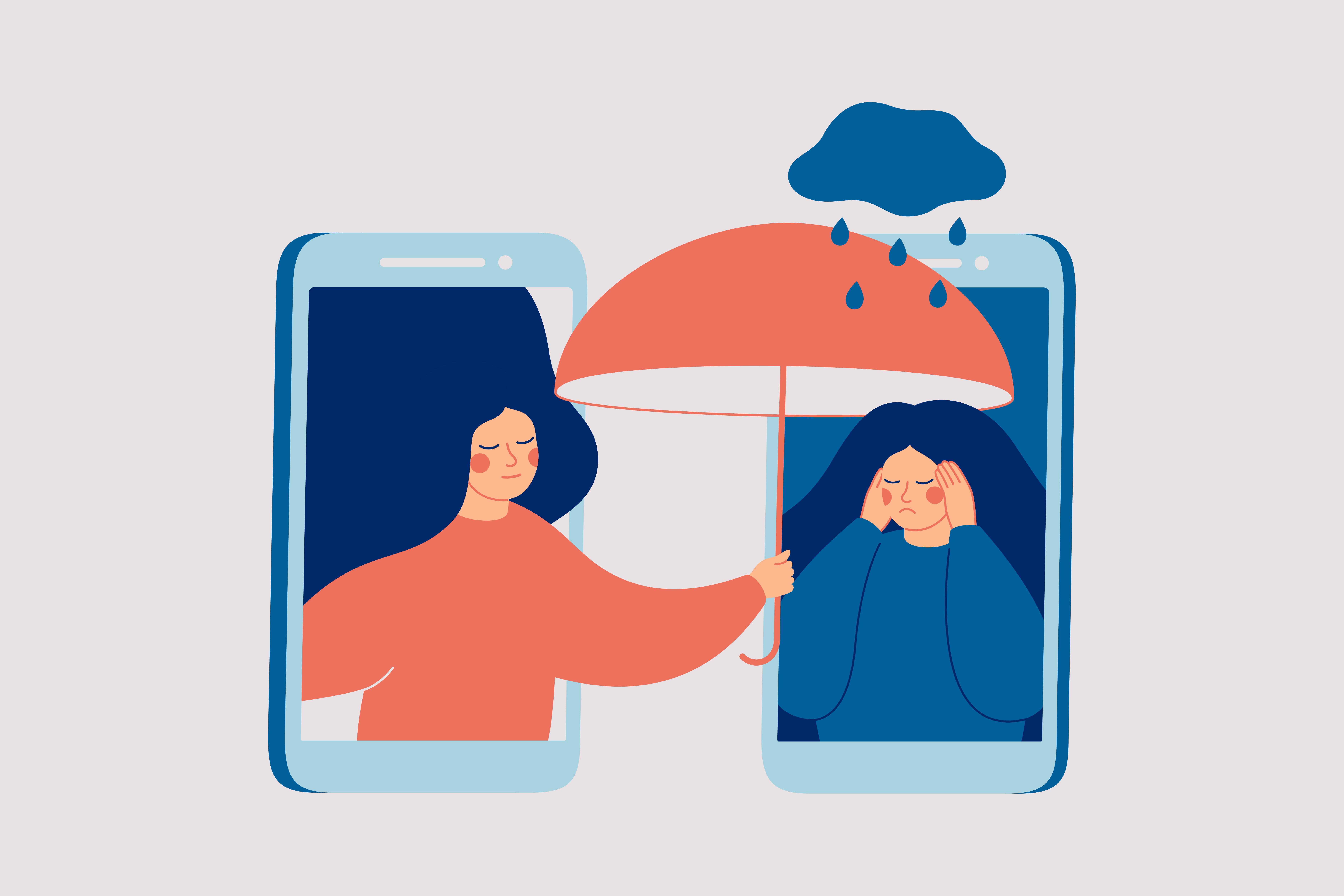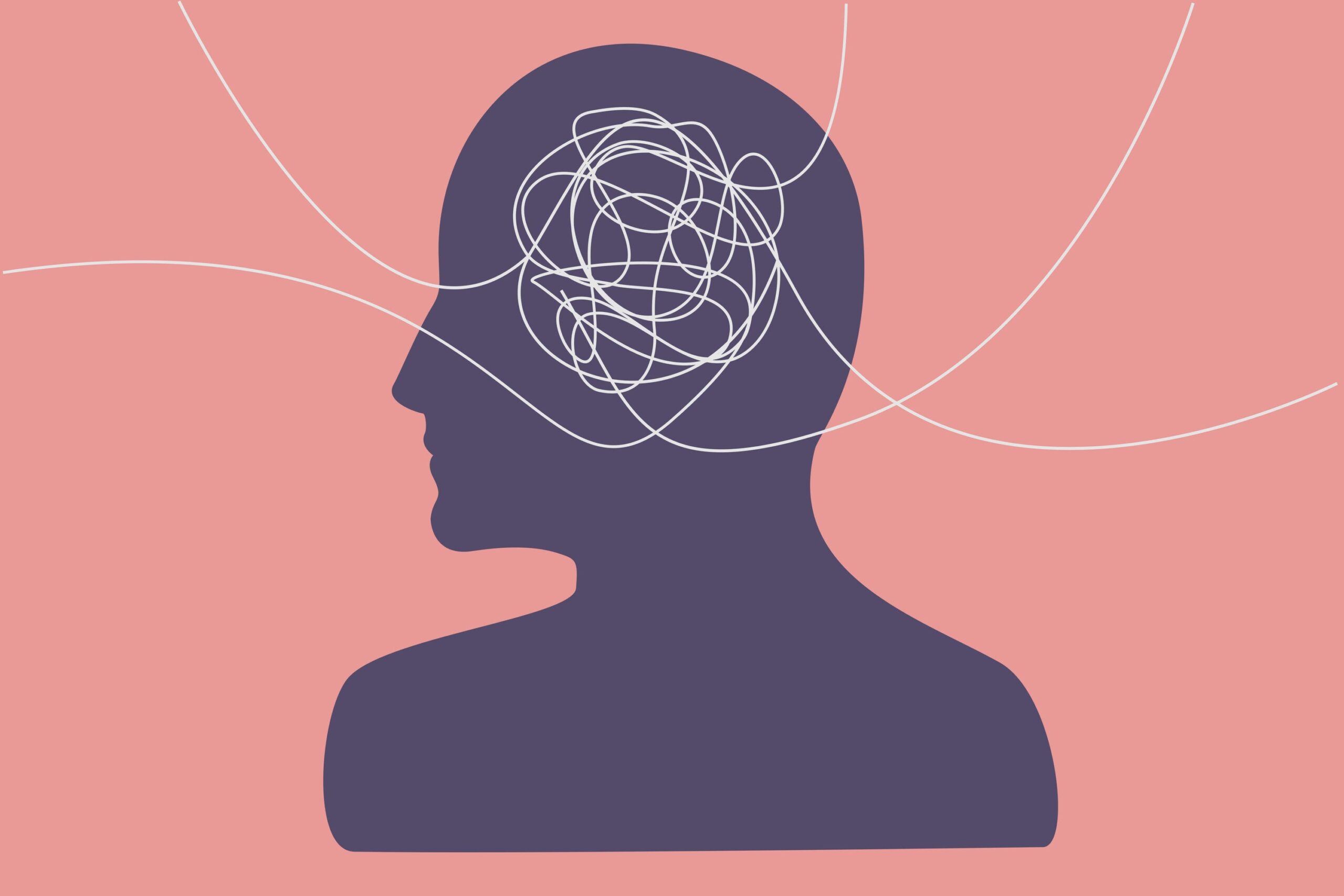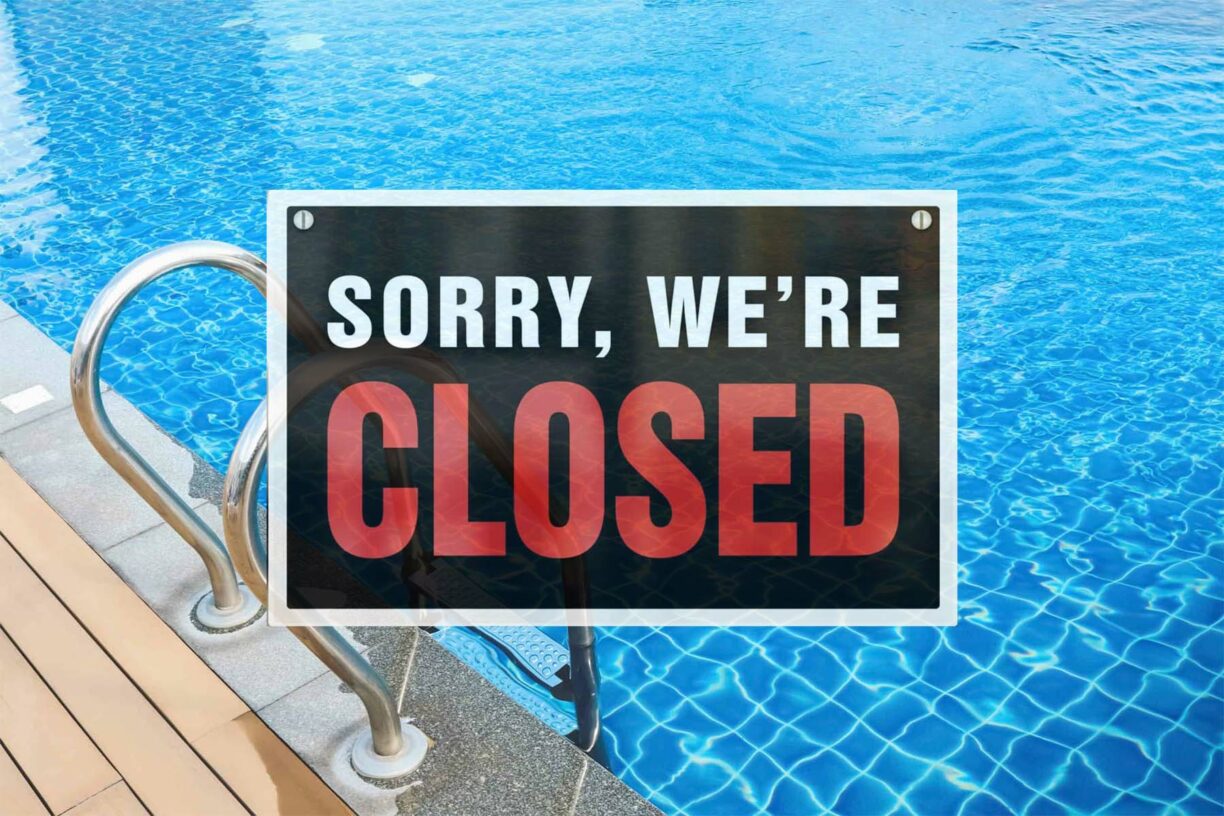However many months into the pandemic, it probably won’t surprise you that Covid-19 has, directly and indirectly, caused a national mental health emergency.
Free 24-hour text-message based mental health service Shout 85258 has reported that more than a third of its users have never spoken to anyone else about how they were feeling.
The service also found that nearly two thirds were under 25, and that 55% said they did not feel they had anyone else to talk to. Here are a few other easy access mental health resources that can help during difficult times…
1. Be Mindful

A mental health crash course based mostly on mindfulness, and endorsed by the NHS, Be Mindful is an online course that aims to reduce and relieve symptoms of depression, stress and anxiety. A therapeutic programme with plenty of meditation and breathing exercises, it costs £40 for a total 10 of 30-minute sessions.
Hosted by two journalists, this ultra-honest pod invites a different guest into the studio each episode to talk about their struggles with mental health, and how things did, or could, improve. It’s less a tool to use on your life than a wallpaper to apply to it – to discuss, normalise, and share ideas around mental health in a safe, constructive environment.
3. Side by Side

An online community hosted by prominent mental health charity Mind, Side by Side is a safe space where people can talk about their struggles with like-minded others, with a team of professional moderators on hand 24/7. A replacement for the popular Elefriends programme, the forum will gain features and users as the weeks go by.
4. Calm Harm
Another app officially endorsed by the NHS, Calm Harm takes aim specifically at self-destructive thoughts and self-harm. Guided mostly by dialectical behaviour therapy (DBT), the app helps users “ride the wave” of negative urges with six forms of activity: Comfort, Distract, Release, Breathe, Express Yourself, and Random. It’s free to use, and password protected.
5. Childline
Childline are perhaps the best known resource on this list, and quite rightly. From the perils of puberty to problematic parenting, Childline tackles an extremely broad range of mental health issues facing children and teenagers, and are on the end of a phone line 24 hours a day – just call 0800 1111.





